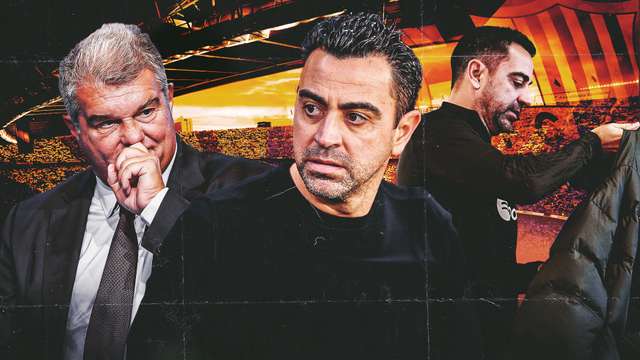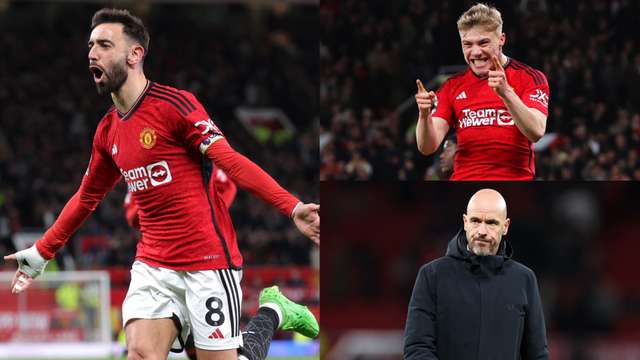When Jurgen Klinsmann leaves a job, he tends to do so in a whirlwind of criticism and controversy. Such is life for a man with big ideas and big promises that sometimes don't work out.
His time in charge of Germany was largely successful, but he left his home country after a stint with Bayern Munich that concluded with the infamous parting shots from Philipp Lahm, who called Klinsmann's tenure a "failure".
His spell with the U.S. men's national team, meanwhile, was built on grand ambitions, some that were realized and some that weren't, before he was dismissed early on the team's road to 2018 World Cup ruin.
And then there's his time with Hertha Berlin, which lasted just a matter of weeks before a hasty departure of his own volition.
No matter what Klinsmann does or achieves, chaos seems to follow. That said, the 56-year-old's ideas have been somewhat validated, at least with his last two jobs.
Next Match
After years of pleading with the USMNT's biggest stars to go and play in Europe, the team is now more talented than ever, with players at Chelsea, Juventus, Barcelona and more.
"It's not about getting credit or anything like that," Klinsmann says when asked about his own role in cultivating the USMNT's current golden generation of young stars.
"It's just so nice to see that people give it a shot. People try it and can reach their maximum potential coming through whatever system. It's not about getting credit or anything; it's just about these players, whatever their environment.
"They realize, 'Let's figure it out, let's give it a shot.' I think it's a huge, huge compliment to anybody involved in their development, anybody involved in soccer in the United States and, hopefully, we get more success with other players down the road."
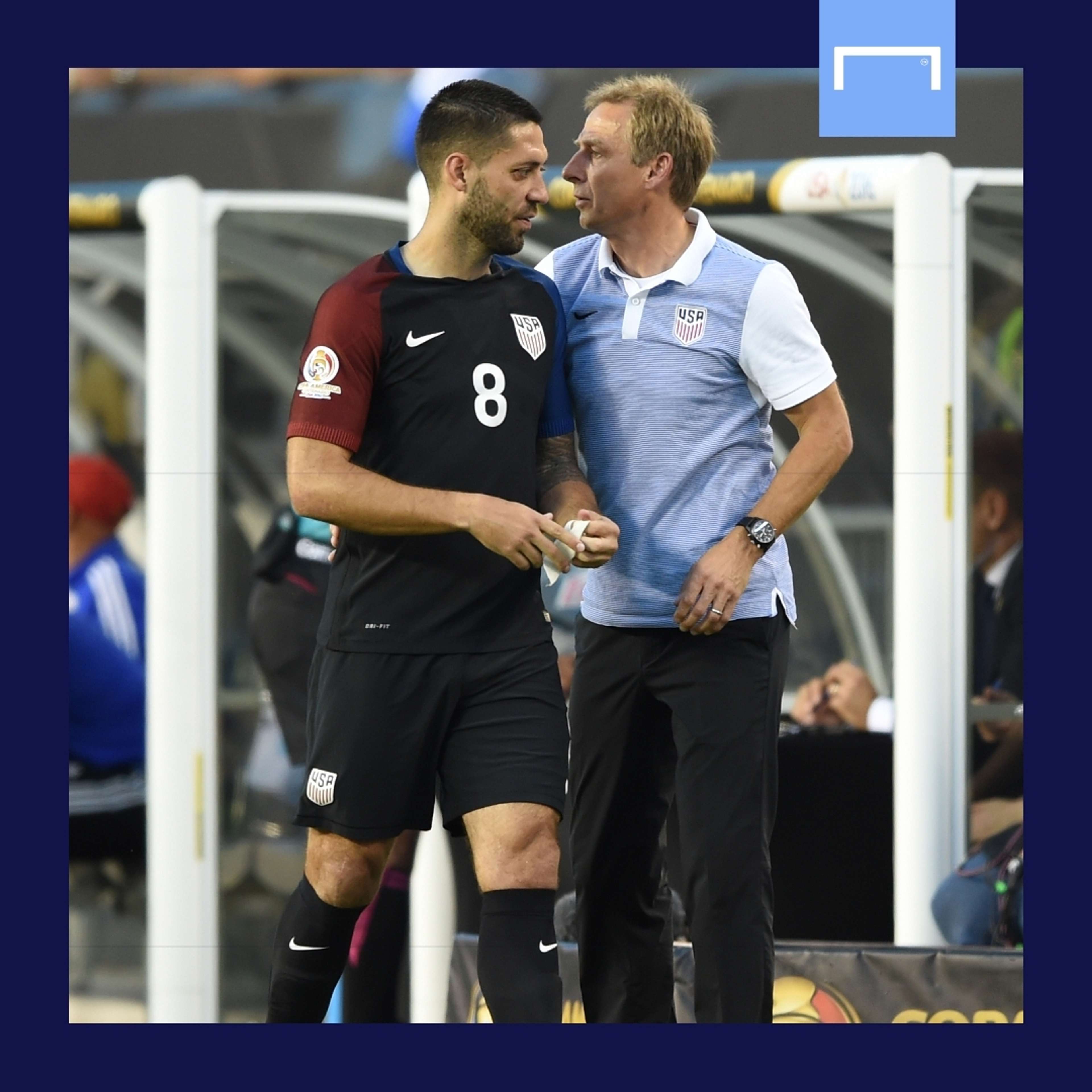 Getty Images
Getty Images
And the USMNT is in a better place because of the exodus to Europe. The pain of 2018 is beginning to wear off thanks to the promise of 2022 and, ultimately, 2026.
No longer the coach, Klinsmann is now a fan, especially as his son, Jonathan, comes through the ranks of the youth national teams. He looks on with excitement as the team he used to manage attempts to undo all that went wrong during the last cycle.
"Gregg Berhalter (USMNT head coach) is guiding his team towards Qatar and we could have a team that makes a big, big splash and a big statement over there," he says. "And so we keep our fingers crossed for that path, and I think it's pretty cool."
But, while the USMNT is thriving, Hertha certainly are not. The Bundesliga club is currently battling relegation almost a year to the day since Klinsmann decided to pack up and leave.
Reflecting on his ill-fated spell with Hertha that saw him claim just 12 points from 10 games, Klinsmann said: "I made my decision after 10 weeks with the club. On the inside, with everything that happened there on a daily basis in terms of the relationship with the people that ran the club, I just simply said, 'This is not for me, I cannot work that way.'
"A wrong kind of statement [came out] that I left all of a sudden, overnight, which was not true because I announced it at least three times to the ownership group, telling them, 'It's not working.'
"We were not even able to get to a contract. I never had a written agreement with Hertha Berlin. The only agreement I had was with the investor.
"Obviously they thought, 'No, he's going to continue; it's going to be all fine.' But it was not all fine on the inside. It didn't work.
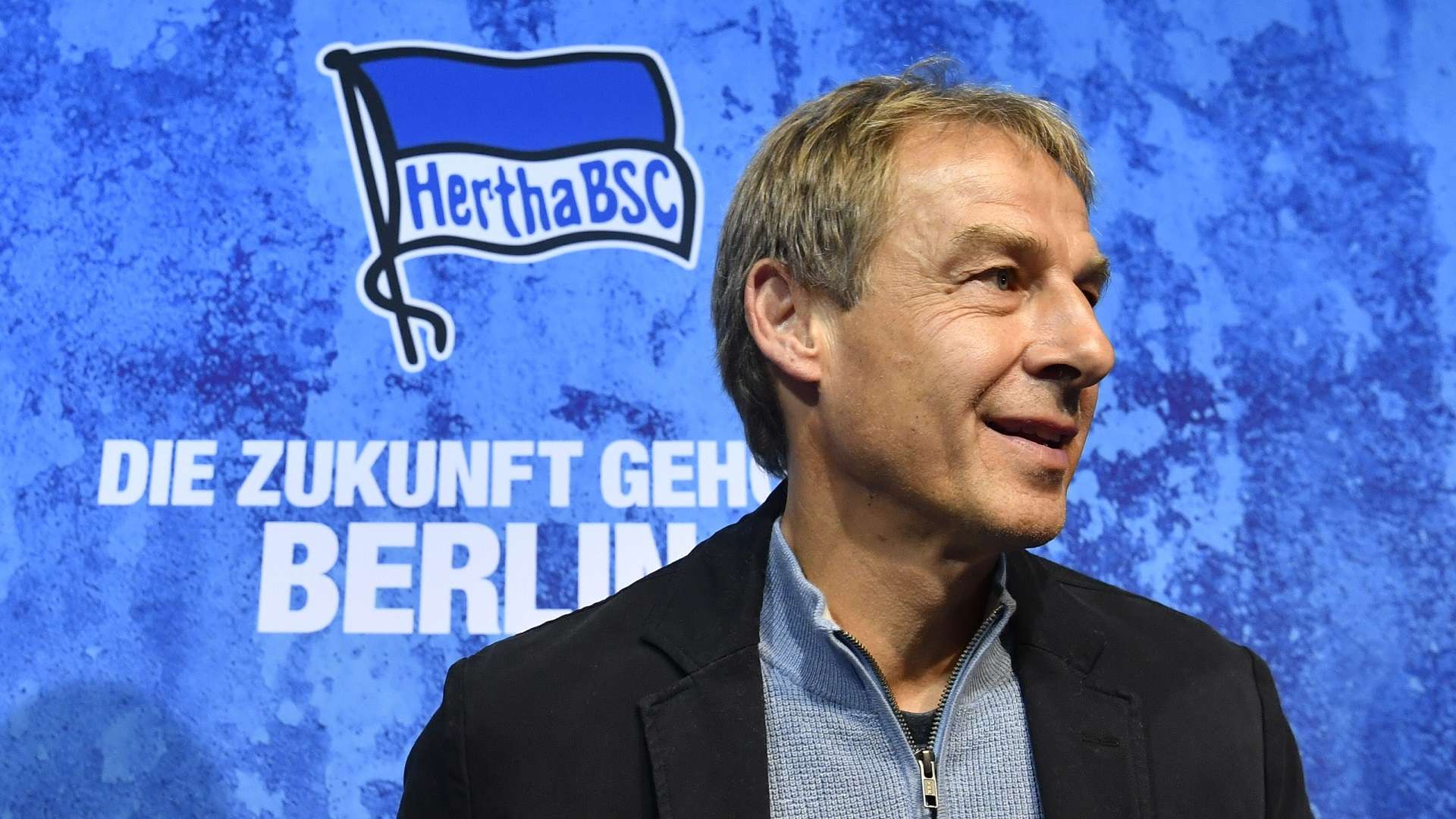 Getty
Getty
"In the aftermath of all of that, I was proven right in what I did. But, obviously, at the time, when it all happened a year ago, a lot of people threw a lot of comments at me. And that was not very nice.
"I certainly made my mistakes in the way I left the club, with the explanation on Facebook, for example. There are a lot of people that said this and that, but I honestly just hope that the club turns the corner and finds a way to go in the right direction."
As for Klinsmann's next direction, he's not fully sure of what's to come. He's recently served as a television pundit while continuing his work on his soccer complex at SilverLakes Park, which is set to reopen soon following a year full of Covid-19 restrictions.
But, someday, Klinsmann wants another chance to prove himself in management.
"The way things happened throughout the decades for me, I was never really actively looking for another job," he says. "Things just came at a certain time, in a certain way, and I either took them on or I didn't.
"This is the crazy side of soccer: you never know what happens tomorrow or what things can happen overnight.
"When I came to Berlin, I was an advisor for the investor and nothing else. Suddenly, two weeks later, I was coaching the team and I had my own experience. So, you have to always be open to ideas and things that can happen.
"Eventually, sooner or later, I will go back into management because that's where I really feel challenged. I feel you get the chance to prove a point in what you're doing.
"So, sooner or later, it will happen again. There is another opportunity out there that I will take on."
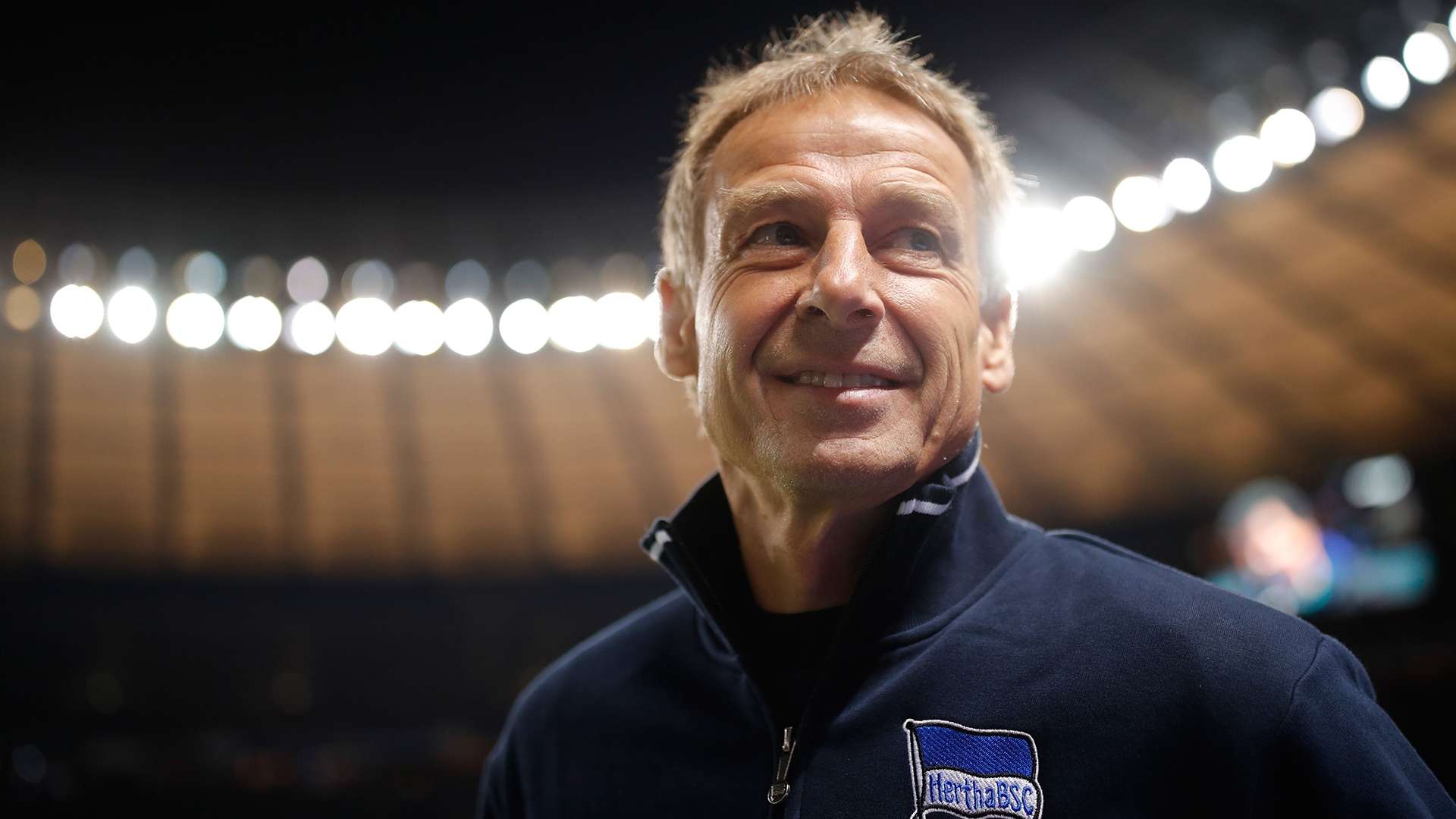


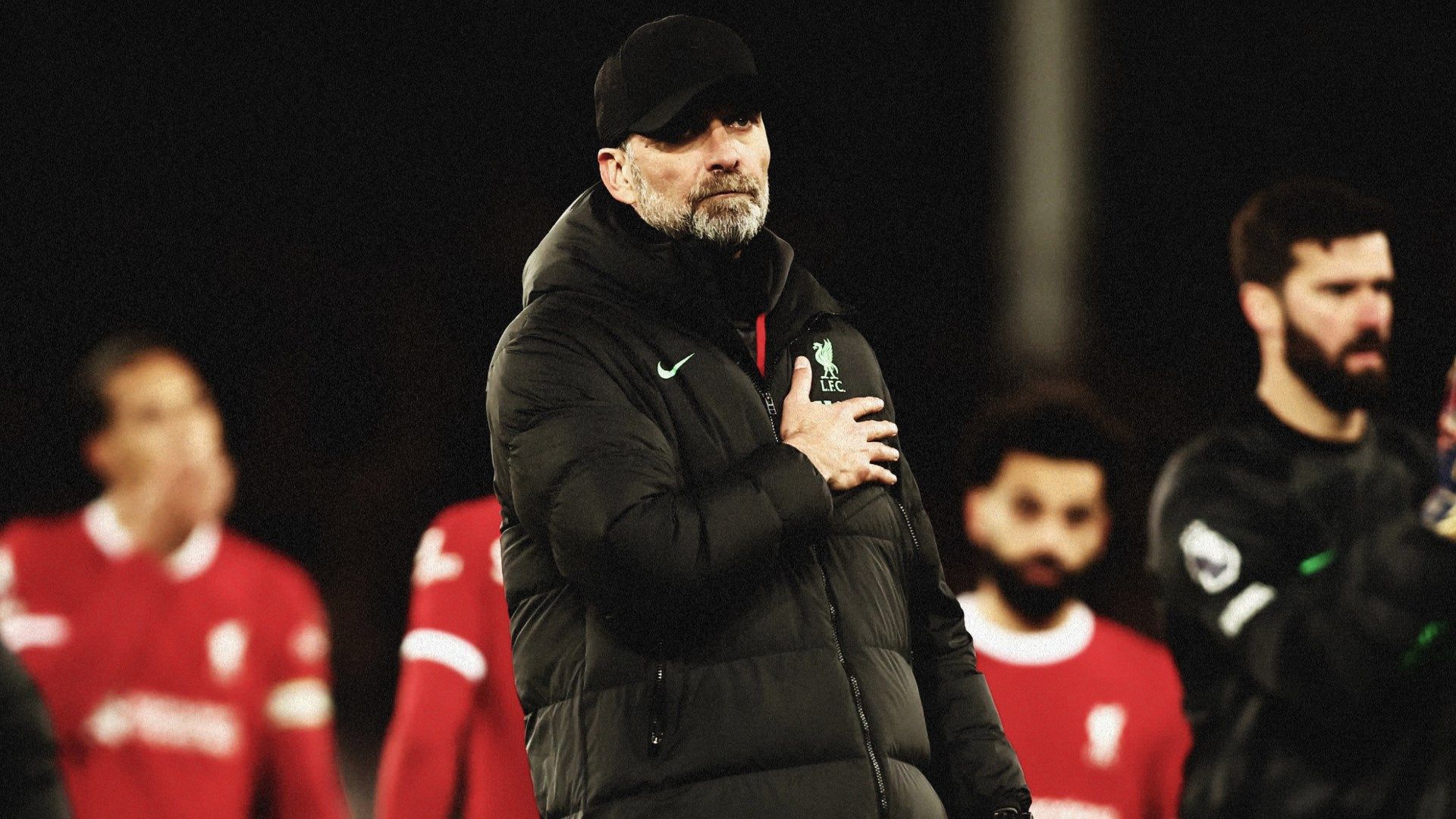.jpg?auto=webp&format=pjpg&width=640&quality=60)
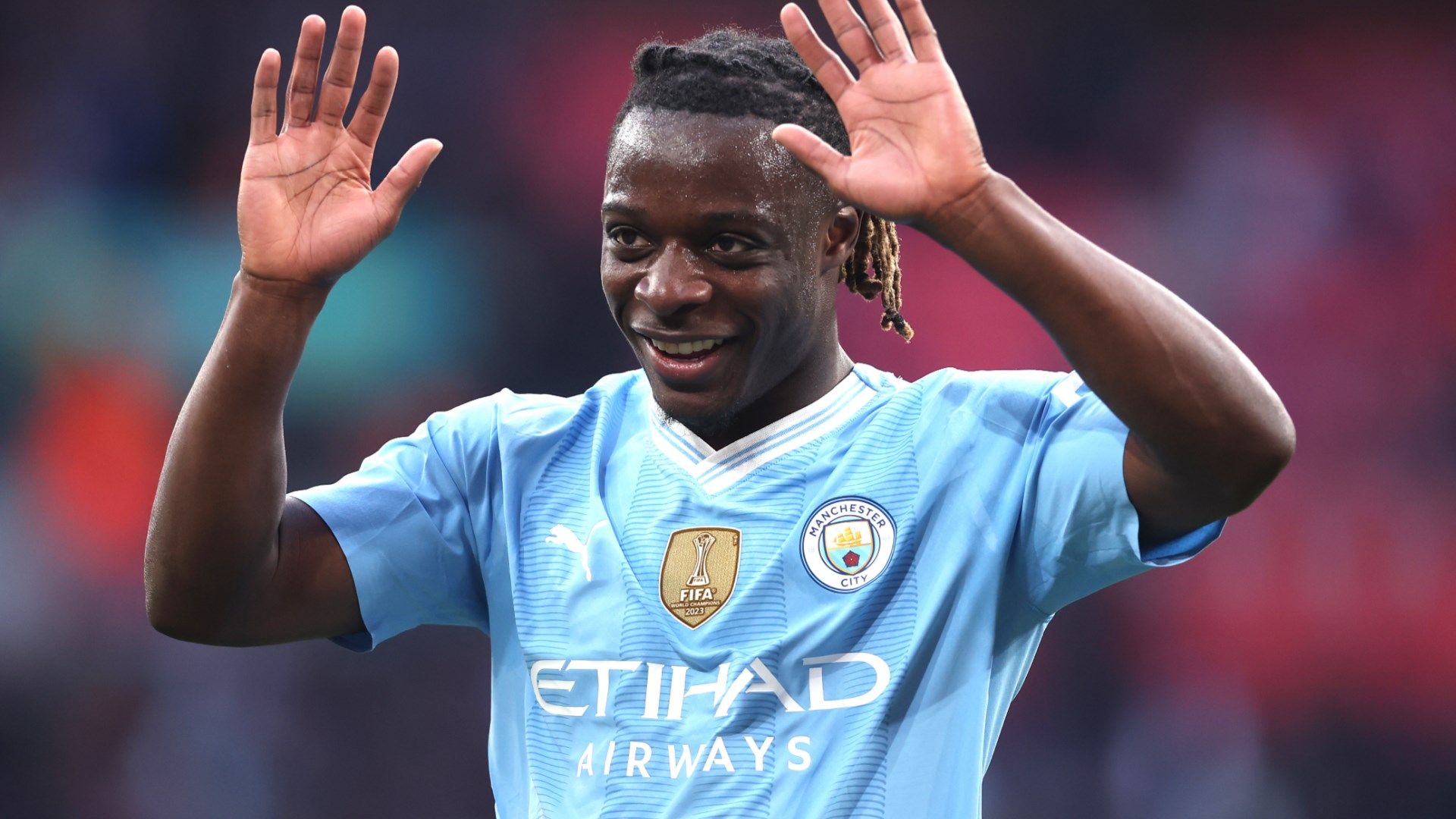.jpg?auto=webp&format=pjpg&width=640&quality=60)
